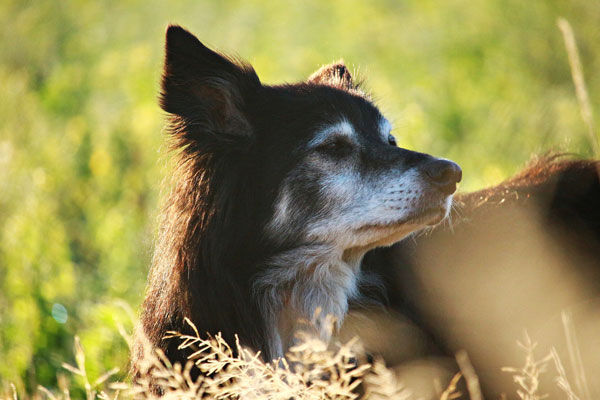An ounce of prevention is worth a pound of cure
Routine wellness examinations are a chance for us to not only get caught up on routine vaccinations and preventative care, but also to look, listen and discuss any changes with your pets.
Cats and dogs change as they go through different life stages and we like to focus on what can be most beneficial to improve the quality and length of life for your pet.
Puppies and Kittens
Birth – 1 Year

This can be the most fun stage but also sometimes comes with the most obstacles. We are going to see you 3-5 times during this stage and focus a lot of their development and growth. Probably the most important and least talked about by vets would be how they develop socially at this age!
We are going to talk about feeding them high quality puppy and kitten food. While it is important that they eat good quality, the amount is not as important – the goal is to grow them slow and steady, they are going to grow to the appropriate size, we just don’t want them to get there too quickly, especially for the large breed dogs that sometimes change to adult food earlier.
Socially we like to see that as puppies start their shots, they are being socialized in safe places – like starting with a family or friends older fully vaccinated dog that doesn’t go to busy places like the dog park or doggie daycare. Kittens to be examined and tested prior to entering a family home with other cats to make sure play is going to be safe for everyone.
What to expect (chart):
– Office visits typically at 8, 12, 16 weeks for vaccines and deworming.
– Initial fecal testing for parasites and worms
– Life-style and risk evaluation for other vaccines after 4 months
– FeLV/FIV testing for all new kittens
– Socialization skills – puppy classes
– Potty and litter box training discussion
– Heartworm prevention as puppies and testing at 7+ months.
– Spay or neuter usually between 3-4 months for kittens, and 6-12 for puppies
Junior visits
1-3 years

Your pet is still growing during this stage and start to mature with less puppy behavior (hopefully that means less mess for mom and dad!). Most pets have been spayed or neutered by this time so weight gain can start to happen quickly so we want to keep track of this to avoid poor joint health and metabolic effects later in life. Consultation and body condition scoring are a big part of these visits and many of our patients benefit from starting joint supplements now or sooner. We also will booster vaccines and re-evaluate life-styles.
What to expect (chart):
Twice yearly office visits (the equivalent of a check-up every 4-5 years in people)
Booster vaccines (1 year and then 3 year for most core vaccines; 6 months for Bordetella)
Regular heartworm prevention and deworming for dogs and cats
Fecal screening
Changing diet to adult formula
Discussing exercise and enrichment at home – walks, play, hiking, etc.
Routine dental care
Catching early allergies and checking ear infections
Adult visits
3-6 years old

By now many patients are mature and have well established routines. We are feeding high quality diets, monitoring weights, but looking for subtle changes in activity, aches and pains, litter box blues, and changes in thirst or urination. Our owners know them well at this stage and can pick up on sight changes very quickly – early detection leads us to early diagnosis which prolongs the quality and length of life for our pets.
What to expect:
Twice yearly visits
Booster vaccines
Fecal screening
Discuss and test new lumps and bumps
Changes in skin or coat
Checking ears for infections/inflammation
Changes in gait or getting around (skipping lameness, bunny hopping, etc.)
Most patients are already on a dental cleaning plan based on the degree of buildup, individual pH, etc.
Senior Visits
6 years and beyond

It goes by very quickly and every pet is different, but aging is pets is very different than in people. This age is somewhat different for our patients- smaller (cats and small dogs) tend to still be on the young side with some spunk; whereas the larger patients (Labradors and great Danes) can be reaching geriatric status. We are using routine examination, listening to the heart, and listening most importantly to you – are they sleeping more, pacing, drinking more, did you find a new lump or skin lesion? We pick up so much just spending the time to hear what you are noticing at home. All pets in this range need to have routine blood work including a thyroid screen as metabolic changes are just more common and early detection plays the largest factor in cure or treatment response.
What to expect:
Twice yearly visits
Booster vaccines or titer testing
Annual blood work
Fecal screening
Discuss changes in thirst, urination
Discuss changes in appetite
Discuss changes in behavior or pain
Adjustments to food and supplements

